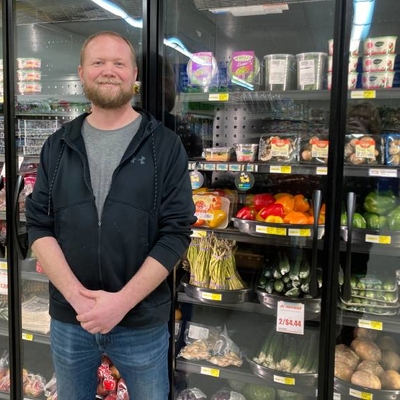
Aaron’s Grocery in Northwestern Minnesota is known as one of the few local spots where people can purchase fresh produce, meats and cheeses. To keep customers’ baskets full, the store recently underwent a big energy-saving upgrade.

Aaron’s Grocery in Northwestern Minnesota is known as one of the few local spots where people can purchase fresh produce, meats and cheeses. To keep customers’ baskets full, the store recently underwent a big energy-saving upgrade.
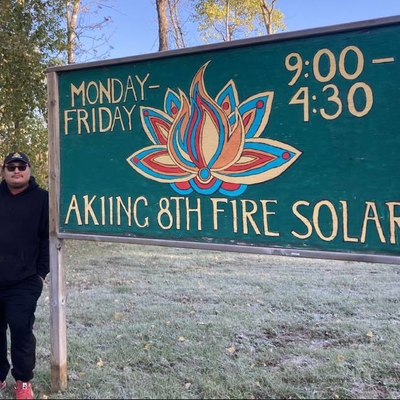
A solar thermal business located on the White Earth Reservation in Northwestern Minnesota hopes their sustainable product can help build a better future for everyone, especially Native American communities.
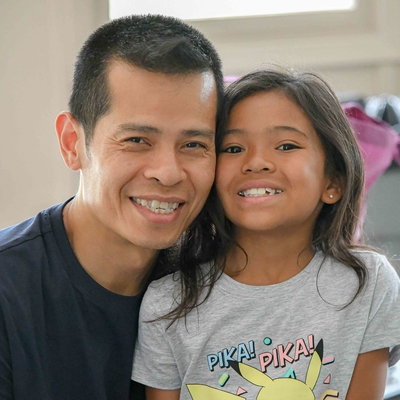
Taking to the outdoors for health, healing, family and community
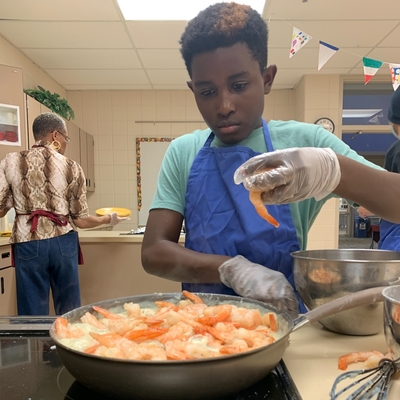
As they chop, sauté and season, students reimagine favorite meals.
Philip Abrahamson attended the very first University of Minnesota Extension Cow-Calf Days in 1973.
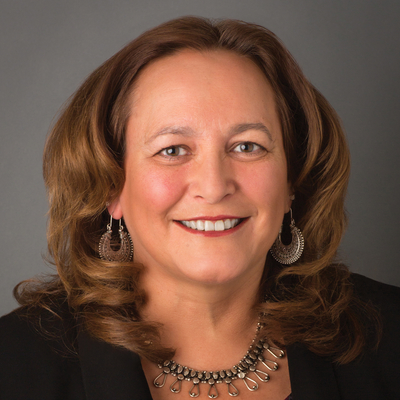
Extension is an ever-changing and growing organization, and this edition of Source showcases the impact and the innovation of Extension’s educational programming across our state.
Research on affordable nutrition for long-lived cows helps organic operations survive

It’s not just a show — it’s an intensive, life-changing odyssey.
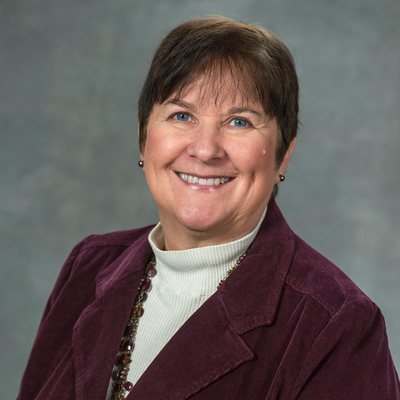
National program provides education for women on management and decision-making in the complex, dynamic world of agriculture.
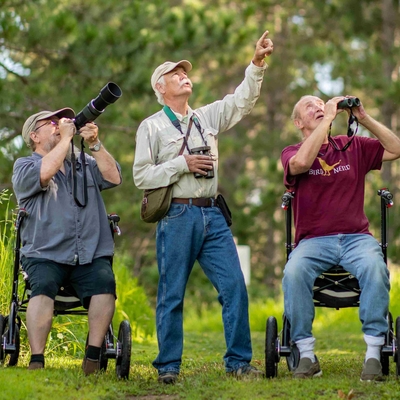
Minnesota Master Naturalist Volunteers who served in the armed forces help fellow veterans connect with the outdoor world.
© 2024 Regents of the University of Minnesota. All rights reserved. The University of Minnesota is an equal opportunity educator and employer.